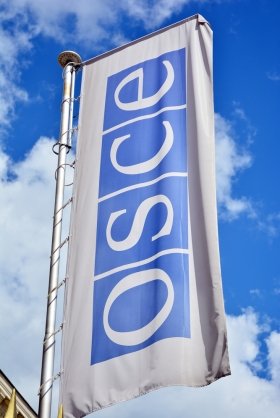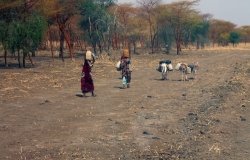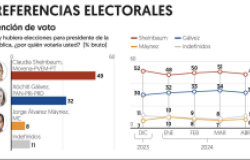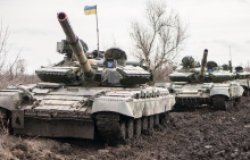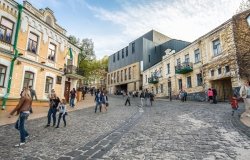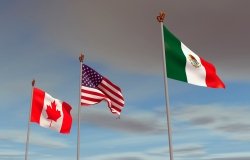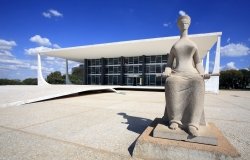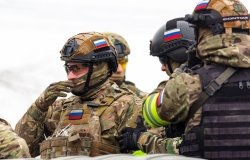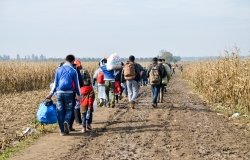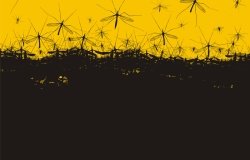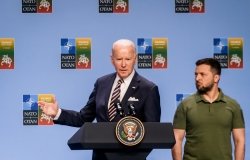The Wilson Center Announces the 2023-2024 Fellowship Class
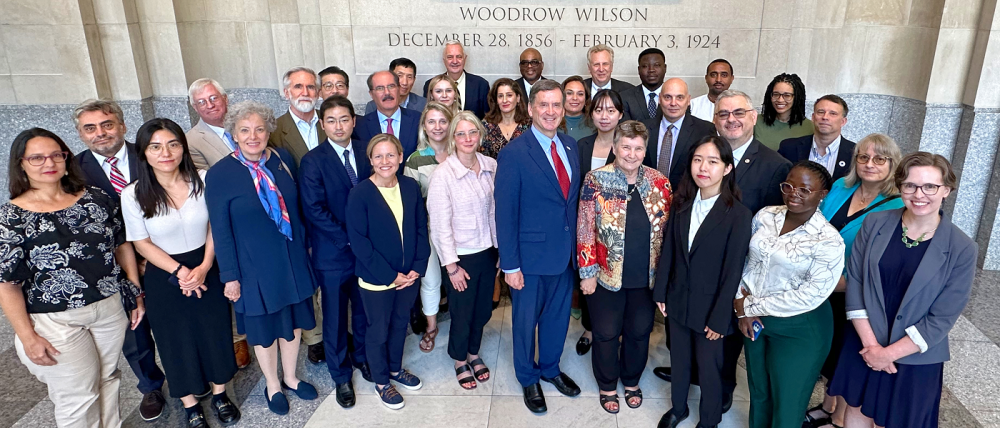
Wilson Center
PRESS RELEASE
Contact: Ryan McKenna
Phone: (202) 691-4217
ryan.mckenna@wilsoncenter.org
Washington, DC—The Woodrow Wilson International Center for Scholars, a Congressionally chartered policy center based in the nation's capitol, has announced the 2023-2024 fellowship class members today, which includes 22 scholars and practitioners—13 women and 9 men—from the United States, Brazil, China, Finland, Georgia, Germany, Ghana, India, Mexico, Russia, South Korea, and Switzerland.
“Wilson Center fellows are a core part of our mission to provide nonpartisan counsel and insights on global affairs to policymakers, delivered through their deep research, impartial analysis, and independent scholarship,” said Ambassador Mark A. Green, Wilson Center president and CEO.
The 2023-2024 fellows and the projects they will pursue while in residence at the Wilson Center are:
Natalia Antelava, journalist and editor in chief, Coda Media; former BBC correspondent. “How Big Tech is Helping Authoritarians Win and What to Do About It?”
Melinda Baldwin, associate professor of history, University of Maryland College Park. “In Referees We Trust? Peer Review and Public Policy in the US, 1945-1990.”
Marwa Daoudy, associate professor of international relations and Seif Ghobash chair in Arab studies, Georgetown University. “Geoclimate Security in the Middle East and North Africa (MENA): Bridging Climate Change, Development, and Human Security.”
Jennifer Eaglin, associate professor of environmental history and sustainability, The Ohio State University. “Going Nuclear: The Rise of Brazilian Nuclear Energy.”
Renata Giannini, senior researcher, Igarapè Institute, Brazil. “The Guardians of the Amazon: Women Defenders Role in Mitigating Climate Change.”
Haifeng Huang, board member (2021-2023), PRME Steering Committee of UNGC. Distinguished professor and co-chancellor, China Institute for Responsible Management Education and Sustainable Development at Changzhou University, China. “Waste Management for Global Sustainability: Comparing China-US Policies and Practices.”
Yasheng Huang, professor of global economics and management, Sloan School of Management, Massachusetts Institute of Technology. “Conceptualizing the Chinese State: The Hydraulic Contract and Exploring the Right Ways to Engage with China.”
Steven Jackson, professor of political science, Indiana University of Pennsylvania. “China’s Waters: Foreign Relations and Hydropolitics.”
Robert Jefferson, associate professor of history, University of New Mexico. “When Jim Crow Faced a New Army: World War II and the Nonsegregation of the United States Military.”
Moses Kansanga, assistant professor of geography and international affairs, The George Washington University. “Leaving No Food To Waste: A Geographical Approach to Investigating the Drivers and Scalable Solutions to Postharvest Food Loss in Sub-Saharan Africa.”
Natalie Koch, professor of geography, Syracuse University. “The Geopolitics of U.S. Science Diplomacy in the Arabian Peninsula.”
Roberta Lajous, former ambassador of Mexico to Austria, Bolivia, Cuba, and Spain. Researcher, El Colegio de Mexico. “The Economic Integration of North America.”
Klaus Larres, Richard M. Krasno distinguished professor of history and international affairs, The University of North Carolina (UNC) at Chapel Hill. “China as a Cause of Transatlantic Tension from the 1980s to the Present.”
Sung Yoon Lee, former Kim Koo-Korea Foundation professor of Korean studies, and assistant professor, The Fletcher School, Tufts University. “Pyongyang’s Playbook: North Korea’s Provocations, Peace Ploys, Propaganda, and Unification Policy.”
Karen Mancl, professor, food, agricultural and biological engineering, The Ohio State University. “Planting the Seed for Renewed Agricultural Collaboration between the United States and China.”
Jana Morgan, professor of political science, University of Tennessee. “Exclusionary Democracy: How Ethnoracial Hierarchies Threaten Democratic Citizenship.”
Alyssa Park, associate professor of history, University of Iowa. “Homeward: Korean Refugees and the Politics of Occupation, Division, and War, 1945-50.”
David Shambaugh, Gaston Sigur professor of Asian studies, political science, and international affairs; Director, China Policy Program, The George Washington University. “Disillusionment & Disengagement: How China Lost America.”
Joanna Spear, director, Foreign Area Officer Regional Skill Sustainment Initiative and research professor, Elliott School of International Affairs, The George Washington University. “Pandemic Diplomacy: Pharmaceutical Firms’ Independent Domestic Strategies, Foreign Policies, and Negotiations with States.”
Kristina Spohr, professor of international history, London School of Economics and Political Science. “Arctic – The Last Battleground.”
Caitlin Talmadge, associate professor of Political Science and faculty member, Security Studies Program, The Massachusetts Institute of Technology. “Nuclear Escalation Risk in World Politics.”
Ajay Verghese, associate professor of political science, Middlebury College. “Secularization in the Hindu Tradition.”
Media with questions should contact Ryan McKenna at ryan.mckenna@wilsoncenter.org or (202) 691-4217.
Notes to Editors
- The Wilson Center provides a strictly nonpartisan space for the worlds of policymaking and scholarship to interact. By conducting relevant and timely research and promoting dialogue from all perspectives, it works to address the critical current and emerging challenges confronting the United States and the world.
